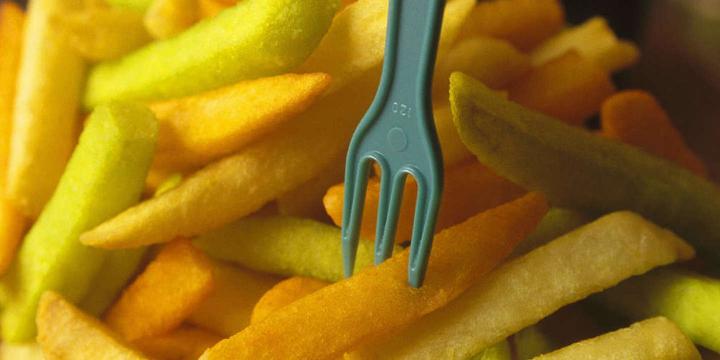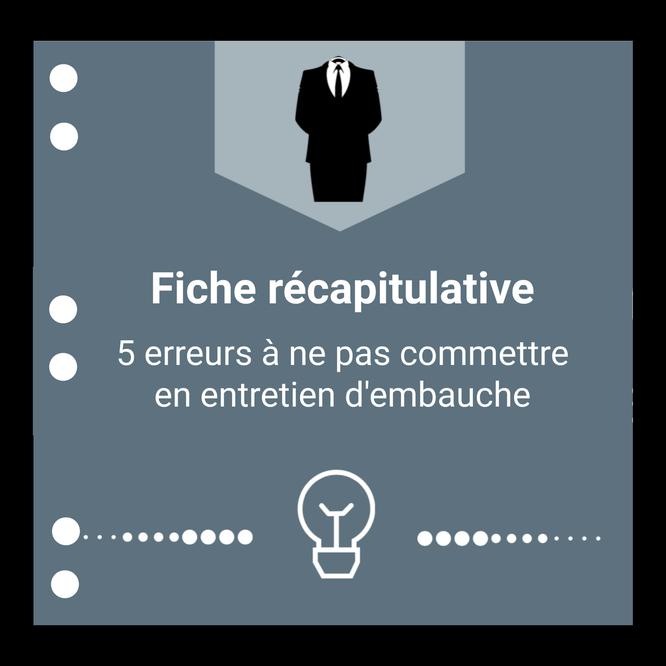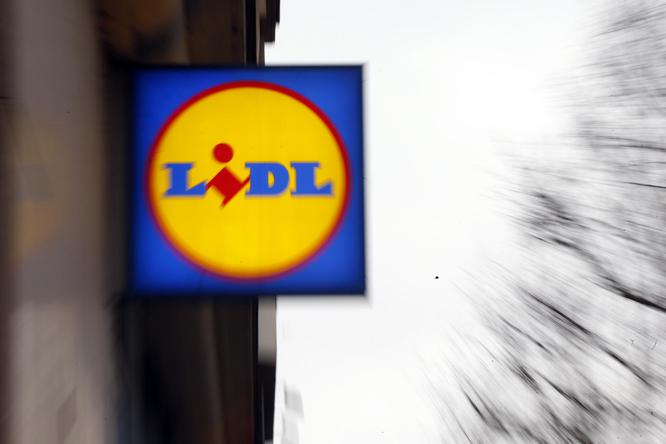By the way, is the fries Belgian or French?
While this Saturday is International Belgian Fries Day, BFMTV.com looks back on the history of this emblematic dish which is now unanimous on five continents. But whose origin is disputed.
The fries are to Belgium what the Eiffel Tower is to France: a national symbol. There would even be different explanations attesting to the birth of the fry on the side of the flat country: from the theory of the small fish of the Meuse to that of the stands held by soldiers behind the front during the First World War. The term "French fries" would thus be a historical aberration, worse an insult to Belgium. However, originally, the fries were not Belgian.
Potato fritters and skillet rings
We must therefore go back several centuries. And remember that the potato did not take root on the European continent. It was the Spanish conquistadors who brought it back from South America in the 16th century. And it was precisely in 1629, in Peru, that “a Spanish soldier ate papas fritas in a military establishment”, says Pierre Leclerq, gastronomy historian and great specialist in fries, on his site dedicated to him.
The fries officially arrived in France in 1749 by the French agronomist De Combles who published for the first time a recipe for fried potatoes from raw slices. At the end of the 18th century, the famous Parisian apothecary Antoine Parmentier, a great lover of potatoes and fervent defender of the tuber, had various potato-based dishes prepared, including beignets, during his demonstration dinners for the big names in the world.
For the record, Antoine Parmentier, convinced of the future of the potato, particularly to feed the population in the event of a shortage, had his tuber fields watched over by armed guards. The objective of this marketing operation, which had not yet been named: to give value to potatoes, which were not yet popular at the time and were mainly used to feed animals.
Street vendors in the streets of Paris

At the beginning of 1800, the bourgeoisie adopted the fry. And in the first half of the 19th century, it became a popular delicacy. It is thus sold in the streets of Paris in its current form, that is to say as a stick.
It was not until 1844 that the fried potato "like Paris" was introduced in Belgium by a showman, Frédéric Krieger, who learned the trade of fry cook in Montmartre. He will also be called "Monsieur Fritz", self-proclaimed "king of the fried potato", relates Pierre Leclerq on his site. The dish crosses the English Channel and the expressions "potatoes, french fashion" then "french fried potatoes" appear in recipe collections.
But in the 20th century, the culture of fries declined in France, while the phenomenon was inversely proportional in Belgium. Loïc Bienassis, who has looked into culinary legends and the "heritagization process", thus assures that if the French "have never stopped consuming fries", it is the practice of itinerant sales that is " fallen into disuse", contrary to Belgium where chip shops are developing rapidly.
So much so that the inhabitants of the flat country "are starting to think that the fry is a Belgian invention", recalls Pierre Leclerq. An error of interpretation on an old text, according to which the fishermen of the Meuse fried pieces of potato instead of fish when the river was frozen, will continue to feed the myth.
Fritkot culture
An invention that would be quite banal in terms of gastronomy, continues the historian Loïc Bienassis, co-author of Culinary arts, gourmet heritage.
The fries would thus be to Belgium what the baguette is to France: an identity and culinary referent representing "a popular practice shared by all social classes", according to Loïc Bienassis.
In 2016, Belgium included the culture of fritkot in its inventory of intangible cultural heritage, defined as an "emblematic" social practice based on "a set of know-how, knowledge, practices and traditions linked to the production, processing, the preparation, serving and consumption of fresh fries in a context of proximity, sustainability and social cohesion", as indicated by the Wallonia-Brussels Federation.
Bintje and double cooking
For Albert Verdeyen, cook, television host and co-author of Carrément frites, it does not matter on which side of the border the fries were born.
Sur le même sujetHe assures us that it was the Belgians who made it a noble product, listing the essentials of the recipe: the potato - "a Bintje, necessarily" - must be rinsed several times in cold water after being peeled, the fries must absolutely be poached for a few minutes before letting them rest, then "obligatorily" cooked a second time. "In Belgium, we do not laugh with fries", points out seriously but not without humor Albert Verdeyen.
https://twitter.com/chussonnois Céline Hussonnois-Alaya Journaliste BFMTV


![PAU - [ Altern@tives-P@loises ] PAU - [ Altern@tives-P@loises ]](http://website-google-hk.oss-cn-hongkong.aliyuncs.com/drawing/179/2022-3-2/21584.jpeg)

![Good deal: 15% bonus credit on App Store cards of €25 and more [completed] 🆕 | iGeneration Good deal: 15% bonus credit on App Store cards of €25 and more [completed] 🆕 | iGeneration](http://website-google-hk.oss-cn-hongkong.aliyuncs.com/drawing/179/2022-3-2/21870.jpeg)





Related Articles